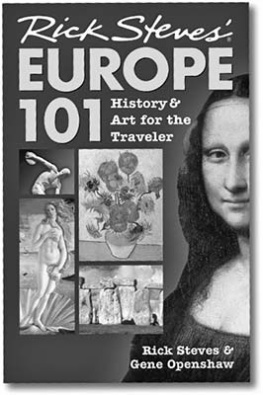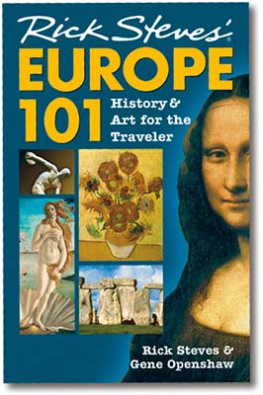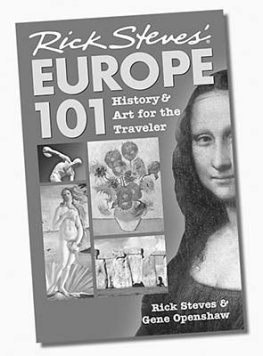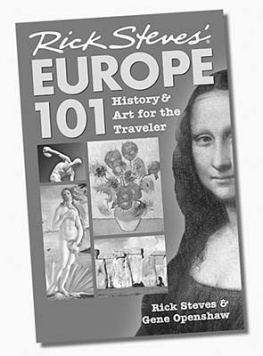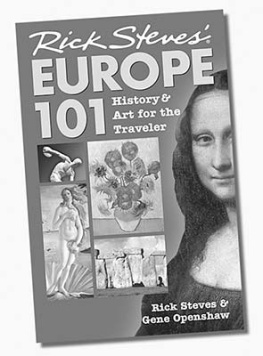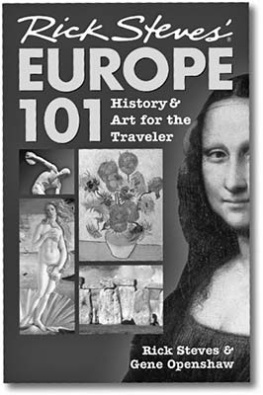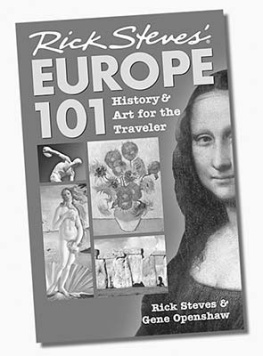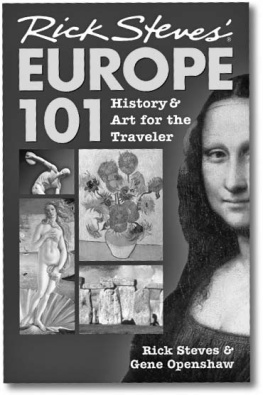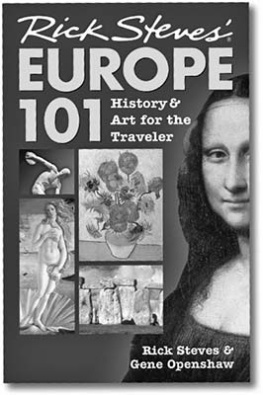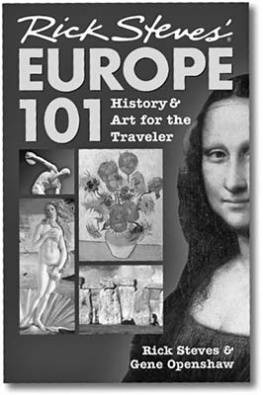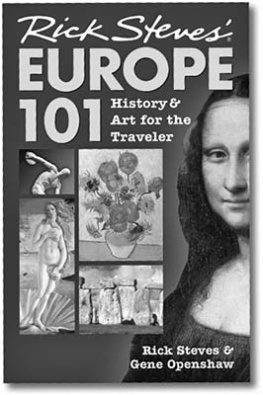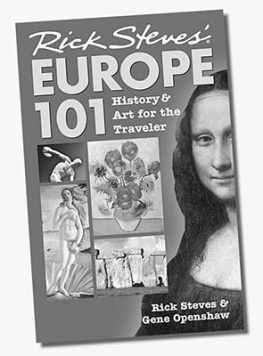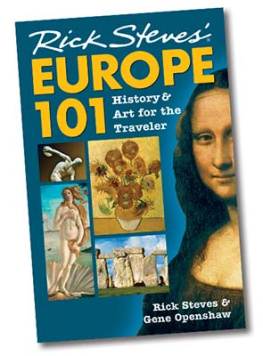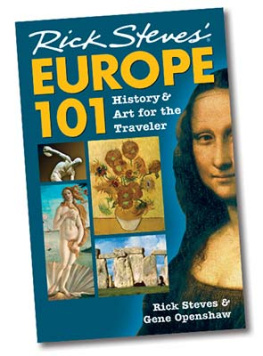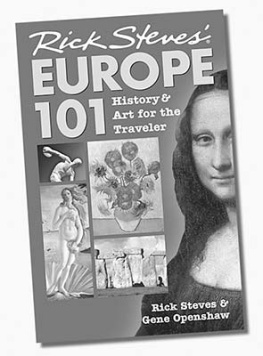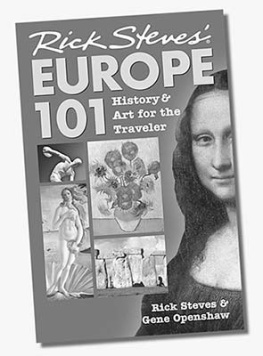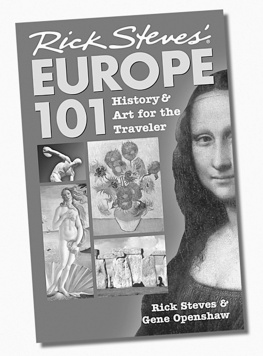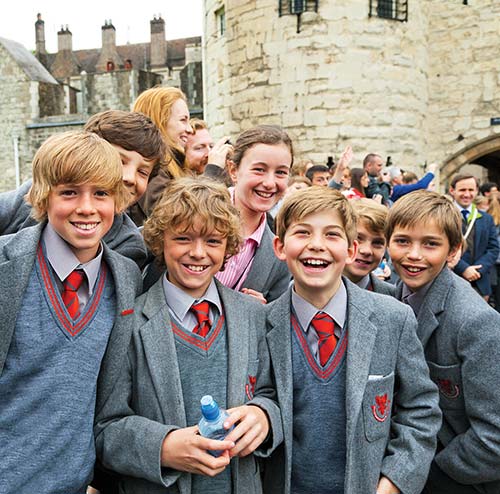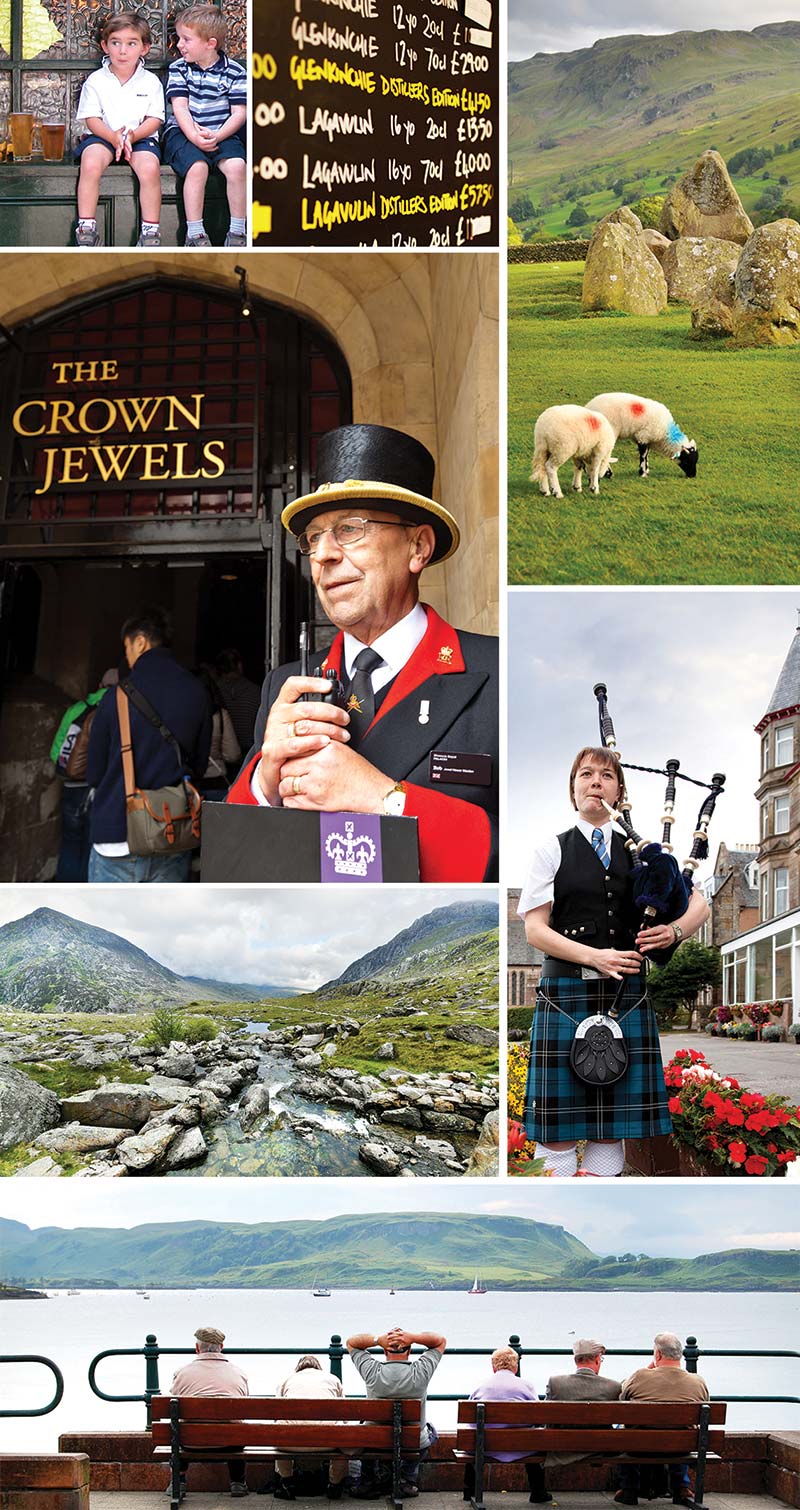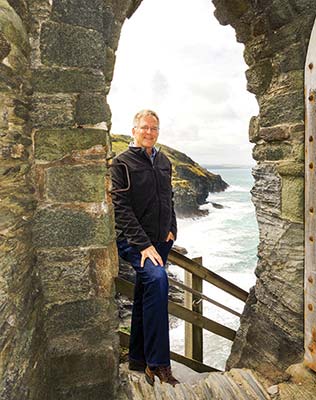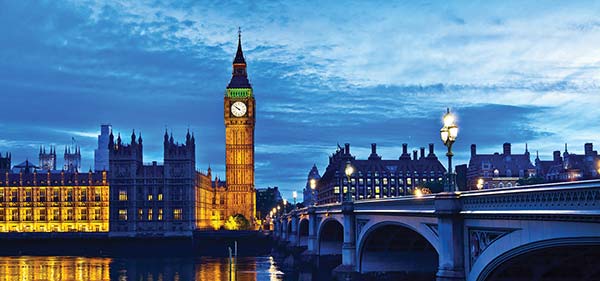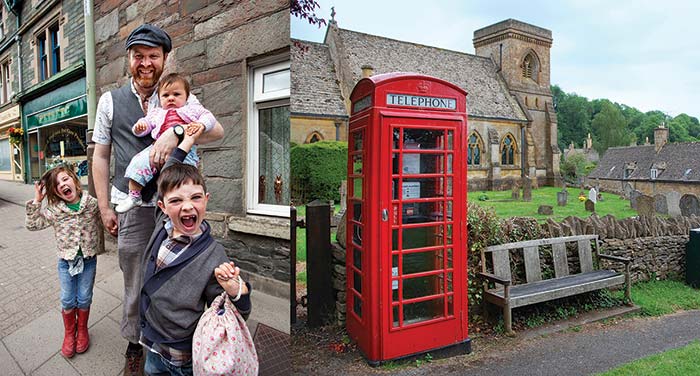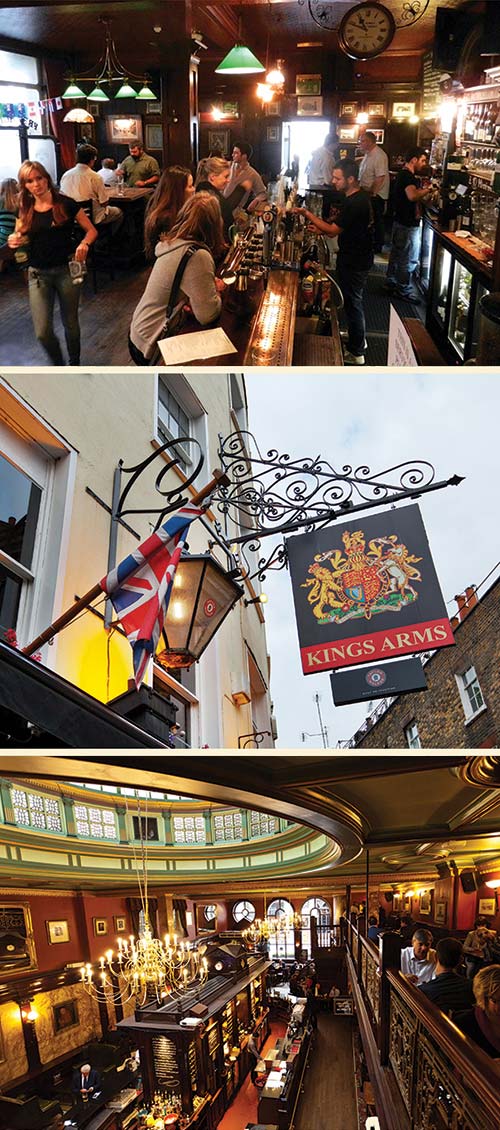Contents
Rick Steves
GREAT BRITAIN
Welcome to Rick Steves Europe
Travel is intensified livingmaximum thrills per minute and one of the last great sources of legal adventure. Travel is freedom. Its recess, and we need it.
I discovered a passion for European travel as a teen and have been sharing it ever sincethrough my bus tours, public television and radio shows, and travel guidebooks. Over the years, Ive taught millions of travelers how to best enjoy Europes blockbuster sightsand experience Back Door discoveries that most tourists miss.
This book offers a balanced mix of Great Britains biggies (such as Big Ben and Stonehenge) and more intimate locales (ancient Roman lookouts and misty Scottish isles). Its selective: Rather than listing dozens of hikes in the Lake District, I recommend only the best ones. And its in-depth: My self-guided museum tours and city walks provide insight into the countrys vibrant history and todays living, breathing culture.
I advocate traveling simply and smartly. Take advantage of my money- and time-saving tips on sightseeing, transportation, and more. Try local, characteristic alternatives to expensive hotels and restaurants. In many ways, spending more money only builds a thicker wall between you and what you traveled so far to see.
We visit Great Britain to experience itto become temporary locals. Thoughtful travel engages us with the world, as we learn to appreciate other cultures and new ways to measure quality of life.
Judging by the positive feedback I receive from readers, this book will help you enjoy a fun, affordable, and rewarding vacationwhether its your first trip or your tenth.
Have a brilliant holiday! Happy travels!
Whats so great about Britain? Plenty. You can watch a world-class Shakespeare play, do the Beatles blitz in Liverpool, and walk along a windswept hill in the footsteps of Wordsworth. Climb cobblestone streets as you wander Edinburghs Royal Mile, or take a ferry to a remote isle. Ponder a moody glen, lonesome stone circle, or ruined abbey. Try getting your tongue around a few Welsh words, relax in a bath in Bath, and enjoy evensong at Westminster Abbey. Stroll through a cute-as-can-be Cotswold town, play a round of golf where the sport was invented, and sail along the Thames past Big Ben. Great Britain has it all.
Regardless of the revolution we had 230-some years ago, many American travelers feel that they go home to Great Britain. This popular tourist destination retains a strange influence and power over us.
The isle of Great Britain is small (about the size of Idaho)600 miles long and 300 miles at its widest point. Its highest mountain (Scotlands Ben Nevis) is 4,406 feet, a foothill by our standards. The population is a fifth that of the US. But at its peak in the mid-1800s, Great Britain owned one-fifth of the world and accounted for over half of the planets industrial output. Today, though its landholdings have greatly diminished, its impact remains huge.
Great Britain is a major global player, with a rich heritage, lively present, and momentous future. Whether its departure from the European Union (Brexit) speeds up or slows down its progress, the result is sure to be interesting.
In Britain, the people are down-to-earth, and the scenery is charming and iconic.
Its easy to think that Britain and England are one and the same. But actually, three unique countries make up Great Britain: England, Wales, and Scotland. (Add Northern Ireland and its called the United Kingdombut youll need a different guidebook.) Lets take a quick tour through Great Britains three nations.
England is a cultural, linguistic touchstone for the almost one billion humans who speak English. Its the core of the United Kingdom: home to four out of five UK citizens, the seat of government, the economic powerhouse, and the center of higher learning.
South England, which includes London, has always had more people and more money than the north. Blessed with rolling hills, wide plains, and the River Thames, this region for centuries was rich with farms and its waterways flowed with trade. Then and now, high culture flourished in London, today a thriving metropolis of nine million people.
Known today for its beautiful landscapes, hilly North England tends to have poor soil, so the traditional economy was based on livestock (grazing cows and sheep). In the 19th century, however, as the north became a center of coal mining and iron production, its heartland was dotted with belching smokestacks. But now its working-class cities and ports (such as Liverpool) are experiencing a comeback, buoyed by tourism, vibrant arts scenes, and higher employment.
Britains Pub Hub
In Britain, a pub is a home away from home. Spend some time in one and youll have your finger on the pulse of the community. These cozy hangouts are extended living rooms, where locals and travelers alike can eat, drink, get out of the rain, watch a sporting event, and meet people.
Britains pubs are also national treasures, with great cultural value and rich histories, not to mention good beer and grub. Crawling between classic pubs is more than a tipsy night outits bona fide sightseeing. Each offers a glimpseand a tasteof traditional British culture.
The odd names of pubs can go back hundreds of years. Because many medieval pub-goers were illiterate, pubs were simply named for the picture hanging outside (e.g., The Crooked Stick, The Queens Armsmeaning her coat of arms).
The golden age for pub building was in the late Victorian era (c. 18801905). In this class-conscious time, pubs were divided into sections by screens (now mostly gone), allowing the wealthy to drink in a more refined setting. Pubs were really public houses, featuring nooks (snugs) for groups and clubs to meet, friends and lovers to rendezvous, and families to get out of the house at night.
Fancy, late-Victorian pubs often come with heavy embossed wallpaper ceilings, decorative tile work, finely etched glass, ornate carved stillions (the big central hutch for storing bottles and glass), and even urinals equipped with a place to set your glass. Today, as more and more banks move out of lavish, high-rent old buildings, theyre being refitted as pubs with elegant bars and freestanding stillions.

